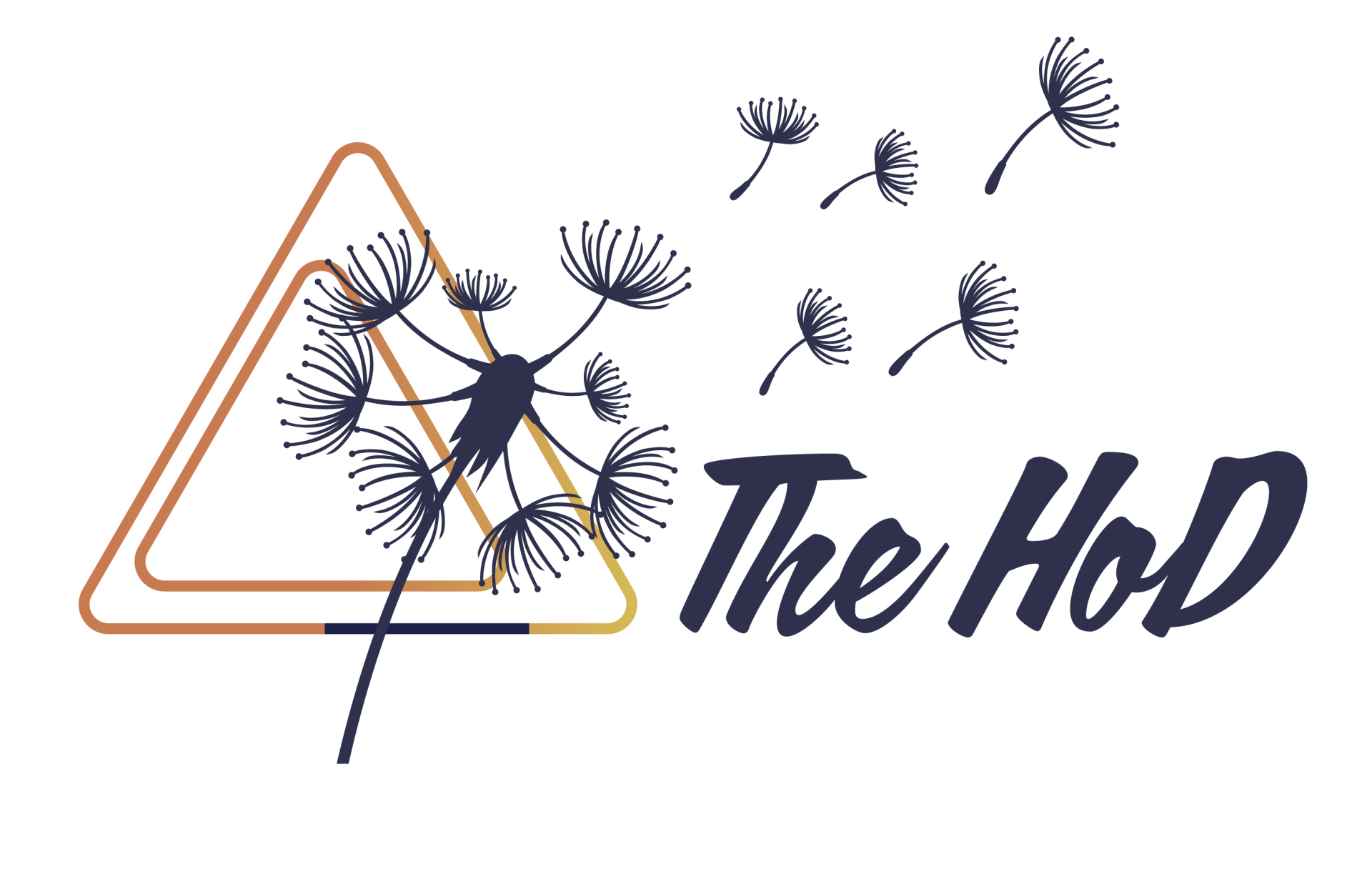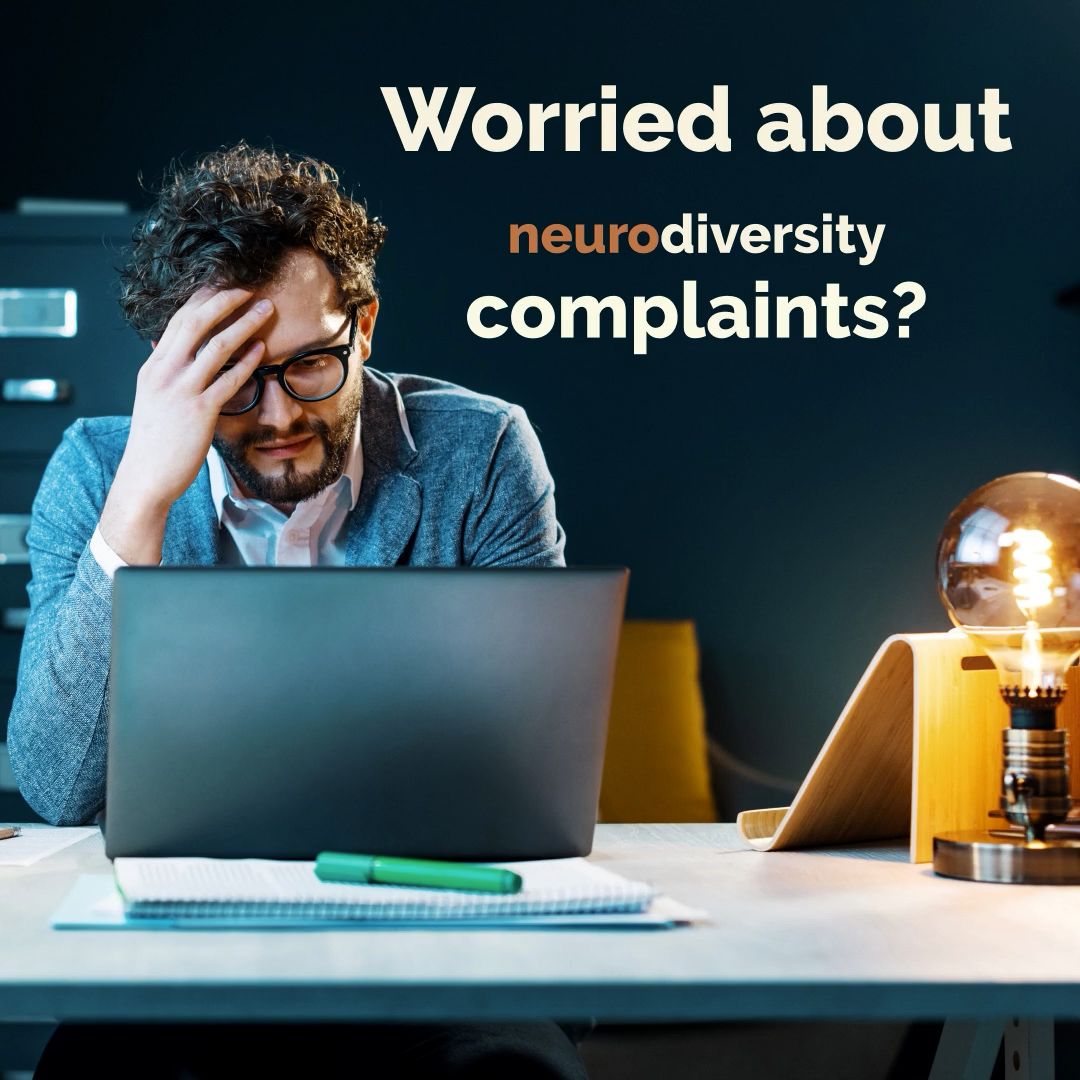Read the Accessible PDF!
Write your awesome label here.
Industry Trends
You should be...
... Considering the rising number of human rights complaints and WCB claims being awarded in favour of neurodivergent employees.
Three Things You Can Do to Protect Yourself from Neurodiversity Litigations...
Your Weekend Learning Challenge...
—
Book a Consult or Training!
Our team of thought leaders are prepared to support you no matter your needs.


